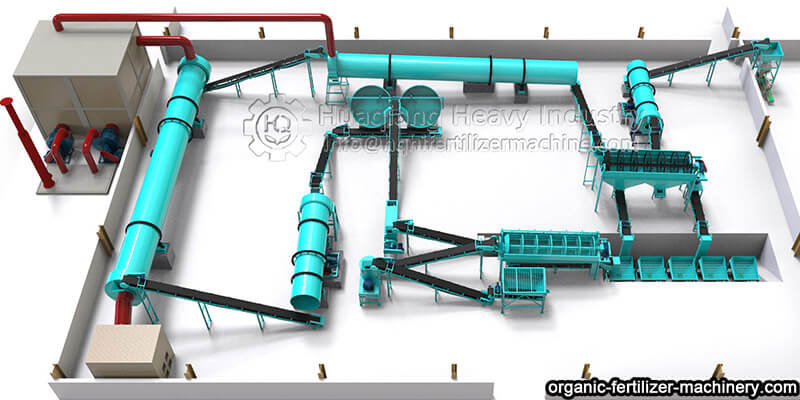Function of carbon based fertilizer
Organic carbon fertilizer based on high-quality humic acid and fulvic acid can promote the formation of soil aggregate structure, reduce soil bulk density, increase cation exchange capacity, and regulate soil pH, thus contributing to improving soil water, fertilizer, heat preservation and ventilation capacity. Carbon based fertilizer can fundamentally improve the problem of soil hardening and soil fertilizer decreasing.
In addition, because humic acid is a high molecular compound with multi-functional groups, it can provide sufficient carbon source and energy for soil microorganisms, promote microbial metabolism and reproduction, increase soil microbial retention, enhance soil microbial activity, and improve soil environment.
Whether it is bamboo biochar, straw charcoal, or tobacco stalk charcoal, the premise must be biomass charcoal. Fertilizers that have nothing to do with biomass charcoal cannot be called real carbon-based fertilizers. The carbon-based fertilizer processed by the organic fertilizer manufacturing process is a high-quality fertilizer.
The focus of carbon-based fertilizer is biomass char, so the main effect must be attributed to biomass char. According to the porosity and strong adsorption capacity of biochar itself, the following points can be briefly summarized here: 1. Maintain soil moisture; 2. Increase microbial activity; 3. Lock nutrients in the soil; 4. Promote plants Growth; 5. Establish lasting fertilizer efficiency.

At present, carbon based fertilizer is also slowly circulating in the market, and its effect has been verified by many agricultural producers. The effect of carbon based fertilizer on improving soil and improving crop quality is significant. The types of carbon based fertilizer products also began to diversify gradually. Biochar can be processed into different types of carbon based fertilizer particles through the pelletizing process of disc granulator, flat die pellet mill and drum granulator.
However, no matter what type of carbon based fertilizer, the ultimate goal is the same. The porous properties and strong adsorption capacity of biochar are used to skillfully combine with various organic matter nutrients, inorganic nutrients and beneficial microorganisms, so as to improve the soil aggregate structure, improve the soil water and fertilizer retention capacity, enhance the microbial activity, and